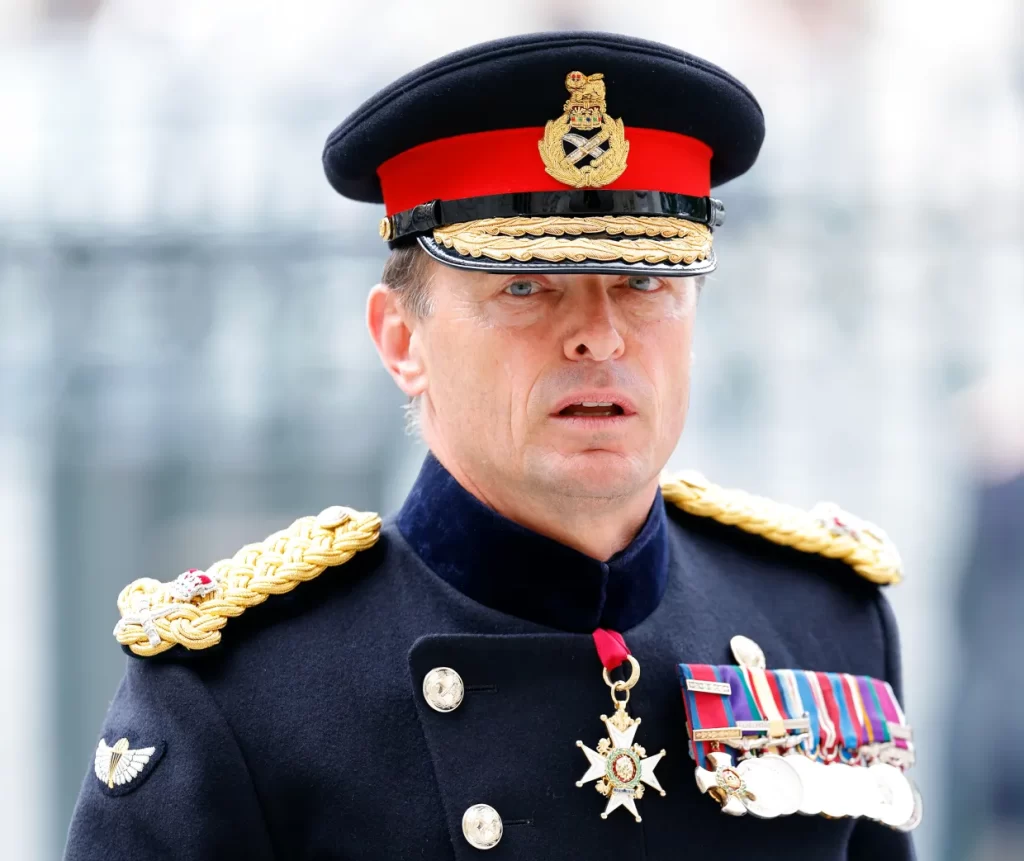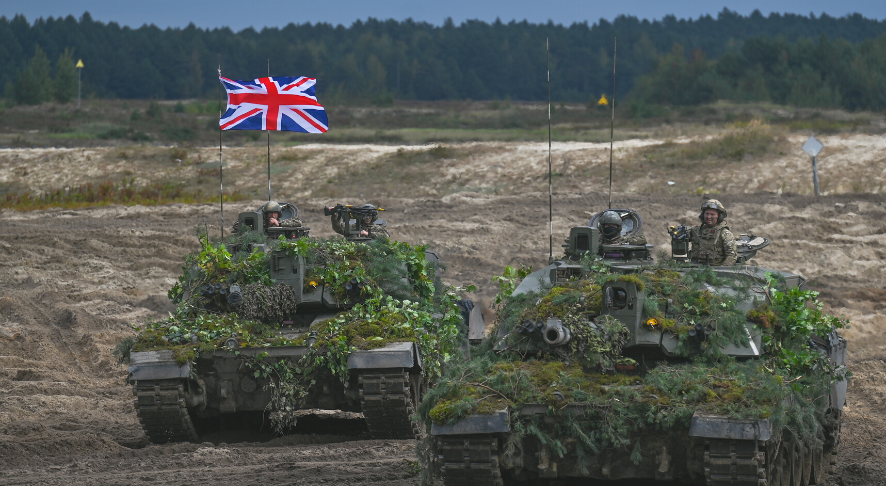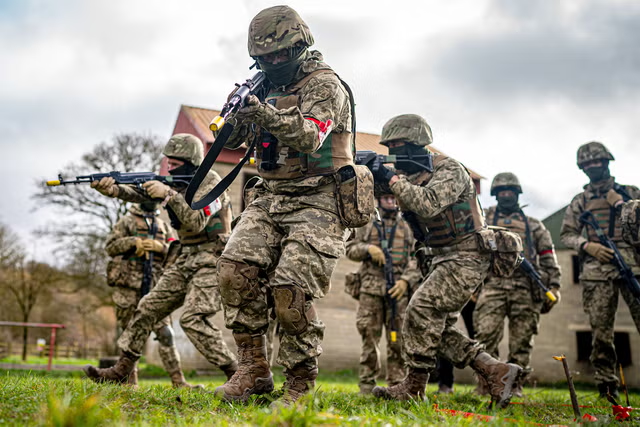In a stark warning that has sent ripples through the defense community, the newly appointed British Army chief, General Sir Roly Walker, has declared that Britain has a mere three years to prepare for the possibility of war. This urgent call to action comes amidst growing global tensions and evolving military strategies.
General Walker, a former SAS boss, emphasized the critical nature of the timeline, stating, “We have just enough time to prepare.” Sources close to the matter suggest that the target date for military readiness is set for late 2027. While the General insists that war is not an inevitable outcome, he underscored the alarming reality that Britain’s potential adversaries are “increasingly aligned.”

In his inaugural speech as Chief of the General Staff, General Walker stressed the importance of restoring “credible hard power to underwrite deterrence.” This call for military strengthening comes at a time when the British Army is at its smallest in over three centuries, with just 72,500 trained troops at its disposal.
Despite these limited numbers, General Walker has set an ambitious goal to triple the Army’s fighting power. This enhancement, he claims, will be achieved through superior weaponry rather than increased troop numbers. The General envisions a future where “any British land force will be able to destroy a force at least three times its size.”

This strategic shift represents a departure from traditional military thinking. General Walker acknowledged that commanders have struggled to adapt to the reality of no longer commanding a “big army.” He urged embracing the identity of a medium-sized force, emphasizing that raw troop numbers alone no longer determine fighting power.
The General’s strategy involves significant technological advancements. He projects that British forces will be able to “sense twice as far, decide in half the time, and deliver effects over double the distance with half as many munitions.” This approach is already showing promise in Ukraine, where British-developed software is being paired with cost-effective sensors and weapons to great effect.
The urgency of General Walker’s message is underscored by the convergence of global threats he foresees in 2027. He warns of a resurgent Russia seeking “vengeance” against the West, Iran potentially acquiring nuclear capabilities, and China’s ambitions regarding Taiwan. These simultaneous challenges, he cautions, could “detonate” each other, creating a volatile international situation.

This sobering assessment is echoed by other high-ranking officials. Admiral Sir Tony Radakin, the Chief of Defence Staff, admitted that the UK’s military “is not as strong as we could be,” citing years of underinvestment in weapons, training, personnel, and technology.
The political response to these warnings has been mixed. While Labour has pledged to increase defense spending to 2.5 percent of GDP, party leader Sir Keir Starmer has not committed to a specific timeline for this increase.
In a related development, Germany has unveiled its own preparations for potential conflict. A 67-page document, adapted from Cold War-era plans, outlines a comprehensive strategy for life during World War 3. The plans include the reintroduction of national conscription, the conversion of subway stations and underground garages into bomb shelters, and even the suspension of weather forecasts.
Germany’s Defense Minister, Boris Pistorius, has expressed a commitment to transforming the country into a “war-ready” nation, a move directly influenced by Russia’s ongoing aggression in Ukraine.
As global tensions continue to simmer, the warnings from military leaders like General Walker serve as a stark reminder of the precarious nature of international peace. The coming years will be crucial in determining whether these preparations prove to be prudent precautions or necessary defenses in an increasingly unstable world.
Credit: the-sun.com



